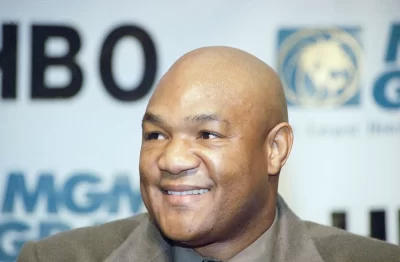
Former President Donald Trump was dealt two major setbacks Thursday in his efforts to derail the criminal cases against him, with judges in the Georgia election interference case and in the federal classified documents case both rejecting bids by the presumptive 2024 GOP presidential nominee to have those cases thrown out.
The judges in both cases have yet to decide other requests put forward by Trump seeking the dismissal of the Georgia and federal prosecutions, which were brought by Fulton County District Attorney Fani Willis and special counsel Jack Smith, respectively. But for now, the prospect of the cases eventually going before juries remains alive, and a trial in a third criminal prosecution against Trump – the 2016 campaign hush money case brought in New York – is on track to start this month.
The New York case aside, the likelihood that the other prosecutions against Trump – which also include a federal election subversion case brought in Washington, DC, by the special counsel – will go to trial before the November election is very much still in the air. Delay has been a key part of the former president’s strategy, and he has had considerable success in prolonging the pretrial litigation in the prosecutions against him. The DC case, which at one point was moving the most quickly among all the Trump criminal cases, is now on hold while the Supreme Court considers whether Trump’s status as a former president grants him immunity from those criminal charges. Those arguments are scheduled for this month.
Trump has made similar presidential immunity arguments in the Georgia case and in the classified documents case. He has pleaded not guilty in all four criminal cases.
In the classified documents case, which is proceeding in south Florida, US District Judge Aileen Cannon on Thursday declined Trump’s request that she dismiss the case based on his arguments that he had the authority to take classified or sensitive documents with him after he left the White House.
Cannon’s short order, however, kept open the possibility that Trump could still use the argument to defend himself at trial or could bring it up in other pre-trial proceedings.
The judge, a Trump appointee, didn’t detail her views on the claims Trump was making, based on a law called the Presidential Records Act, but said Trump’s attorneys did not meet the legal standard to dismiss charges.
She wrote that prosecutors “make no reference to the Presidential Records Act” in the indictment against Trump and did not “rely” on the statute to bring charges.
Cannon also used the order to push back on a request by the special counsel she make a final ruling on whether the theory could be incorporated into the jury instructions of an eventual trial, so that prosecutors could appeal such a ruling to the 11th Circuit. She said that “demand” was “unprecedented and unjust.”
There are still more than a dozen outstanding motions for Cannon to decide, including several other motions to dismiss the case.






